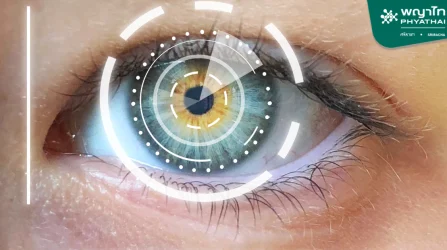For further information or Booking..
Understanding Limestone in the Arteries
Limestone refers to the accumulation of calcium in our bodies, forming hardened deposits. This can occur due to various reasons, including natural wear and tear of calcium or inflammation at specific sites. The body’s mechanism creates calcium to protect injured areas from further damage. Limestone can also attach itself to fatty plaque in the arteries, leading to arterial stiffness and blockages.
Causes and Risks of Limestone in Arteries
Studies have found that even a small amount of calcium or limestone deposits in the walls of the coronary arteries increases the risk of coronary artery disease and can potentially lead to sudden cardiac arrest in the future. Understanding the causes and risks of limestone in arteries is crucial for early detection and prevention.
Detecting Limestone in Coronary Arteries
We cannot determine when these limestone deposits begin to form in our arteries until clear symptoms of coronary artery blockage occur or, unfortunately, after experiencing a heart attack. Detecting limestone deposits in the walls of the coronary arteries is, therefore, the best way to stay informed and prepared for potential risks.
Coronary Calcium Score Test
The Coronary Calcium Score test is a method for detecting calcium or limestone deposits in the coronary arteries. It involves calculating the amount of calcium attached to the walls of the arteries using high-speed computed tomography (CT scan) with high resolution. This method accurately determines the quantity of limestone accumulated in the coronary arteries and provides insights into the likelihood of experiencing sudden coronary artery blockage.
- Zero Calcium Score: Indicates a low risk of developing coronary artery blockage or sudden heart muscle ischemia in the future.
- High Calcium Score: Especially above 400, indicates a higher risk of coronary artery disease within the next 2-5 years, even without any apparent symptoms.
Benefits of Early Detection
Detecting calcium deposits in the coronary arteries can help physicians assess the situation and plan appropriate treatment to reduce the risk of future heart artery-related deaths.
- Quick Examination : Takes about 10 minutes.
- Non-Invasive : No need for injection of dye.
- Outpatient Procedure : No need to stay in the hospital.
- No Special Preparation : Required before the examination.
Who Should Get Tested?
- Individuals with a family history of heart artery disease.
- Individuals aged 45 and above, both males and females, especially menopausal women.
- Individuals with high blood pressure, high cholesterol, and diabetes.
- Smokers.
- Individuals who are overweight.
Preventing Calcium Deposits in Arteries
While it may be difficult to control the occurrence of calcium deposits, regular self-care can help reduce risks. Key practices include:
- Healthy Diet: Eating a balanced and nutritious diet.
- Regular Exercise: Staying physically active.
- Adequate Rest: Getting enough sleep.
- Stress Management: Relaxing and relieving stress.
- Annual Health Check-Ups: Regular medical examinations.
By following these guidelines, you can take proactive steps to maintain heart health and prevent the accumulation of calcium deposits in your arteries.



















